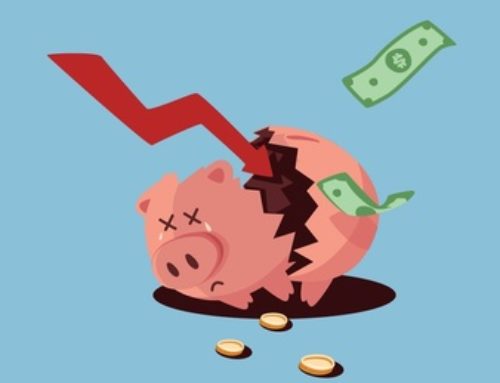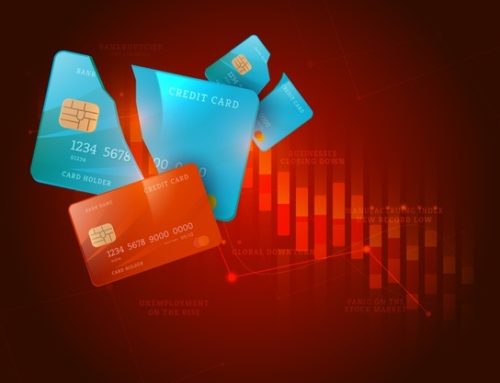Bankruptcy is a proceeding made by insolvent debtors that are unable to pay their creditors so that they can have a fresh start. Declaring bankruptcy enables you to discharge or reorganize your debts while letting you keep certain property. If you file for bankruptcy, you will be given bankruptcy protection that will stop debt collectors from harassing you and your family.
What can Filing for Bankruptcy in West Virginia do to you?
Bankruptcy filings in West Virginia allow you to obtain financial freedom by:
- Wiping out most, if not all, of your debts including medical bills, credit card debt, payday loan debt, and collection accounts.
- Stopping the foreclosure of your properties such as your car and home.
- Stopping repossession of personal property
- Stopping wage garnishment or creditor harassment including collection agencies.
While bankruptcy filings may wipe out most debts, according to bankruptcy exemptions, some debts are not eligible for bankruptcy discharge such as:
- Child support
- Alimony
- Student loans
- Mortgages and liens are not automatically wiped by bankruptcy.
- Creditor rights of secured creditors
- Tax debts where there are no tax returns filed
- Fraudulent debts
What is Chapter 7 Bankruptcy?
 There are various types of bankruptcy in West Virginia and one of the most commonly used is Chapter 7. Chapter 7 bankruptcy is a liquidation bankruptcy because in this bankruptcy petition, your assets will be liquidated and the proceeds will be used to pay what you owe your creditors. However, not all your assets will be undergoing liquidating, the exempt properties include your car, furniture or household goods, and equity but you will need to sign a reaffirmation agreement to keep those properties.
There are various types of bankruptcy in West Virginia and one of the most commonly used is Chapter 7. Chapter 7 bankruptcy is a liquidation bankruptcy because in this bankruptcy petition, your assets will be liquidated and the proceeds will be used to pay what you owe your creditors. However, not all your assets will be undergoing liquidating, the exempt properties include your car, furniture or household goods, and equity but you will need to sign a reaffirmation agreement to keep those properties.
How to File Chapter 7 Bankruptcy in West Virginia
Under the Bankruptcy Laws, when a debtor is in insolvency and he files for bankruptcy Chapter 7, he is required to take credit counseling for his financial future. The Bankruptcy Act also requires individuals to undergo a means test where their assets and liabilities, as well as their income and living expenses, are taken into consideration and to see whether or not they are qualified in the required median income for a Chapter 7 bankruptcy. If you fail to qualify for Chapter 7, you can instead file bankruptcy for Chapter 13 Bankruptcy. If you qualified, you can now begin to fill out and gather the necessary paperwork and start the bankruptcy process. West Virginia has property exemptions, which means you can protect them from seizure. If you think your property is exempted, you can talk with a bankruptcy attorney to help you with the whole bankruptcy petition.
Are you thinking about filing for bankruptcy?
The Bankruptcy Law in West Virginia allows an individual to file bankruptcy cases without bankruptcy attorneys but doing so comes with its own risk. The laws are changing, and the bankruptcy proceedings can be very hard and complex if you are not well versed with the Bankruptcy Code. If you are considering bankruptcy but you are not yet certain if that is the best choice, we at Thomas E. McIntire & Associates, LC will help you or your business get through your debt problems. Our bankruptcy lawyers are experienced in bankruptcy procedure in West Virginia and we will tailor the best bankruptcy help for your specific needs. Call us now for a free legal consultation!




